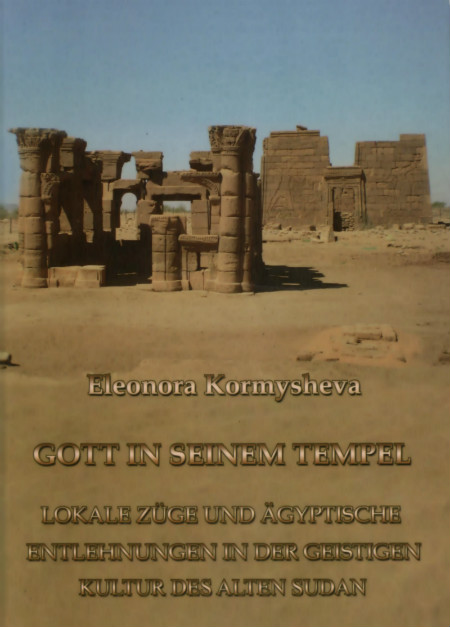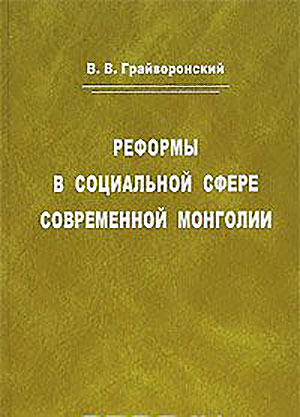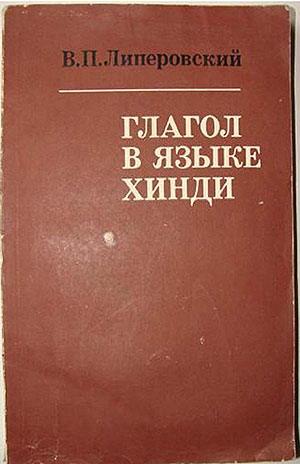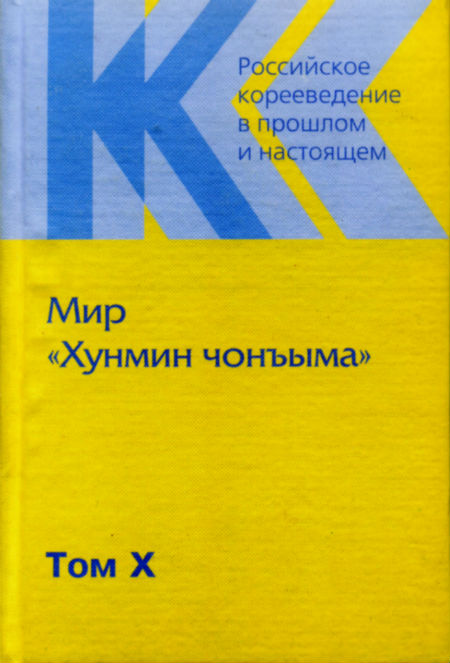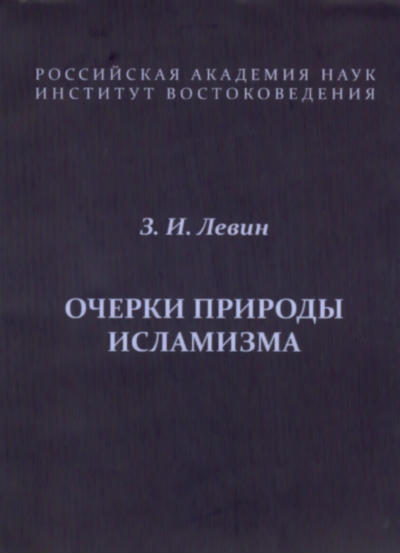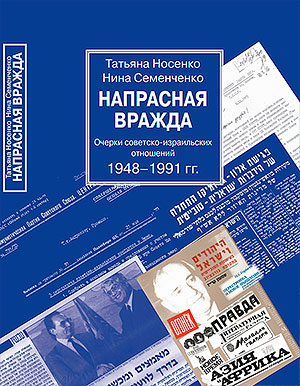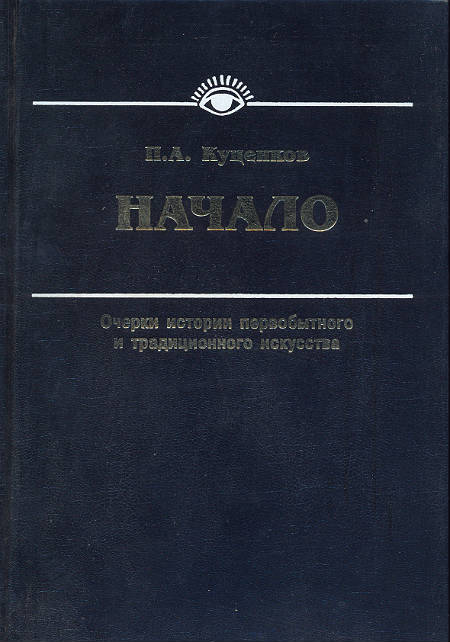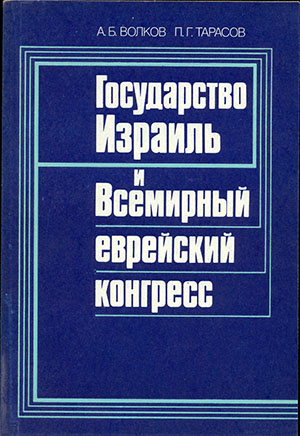Book
Государство Израиль и Всемирный еврейский конгресс
Москва, 1991, 171 p.
A. B. Volkov, P. G. Tarasov. The State of Israel and the World Jewish Congress. The book deals with the history of the emergence of the World Jewish Congress and its relations with Israel in the 1970s and 1980s.
The World Jewish Congress came on the world scene in 1936-as organization standing for the interests of the entire Jewish community and defending these interest the world over by legal and lawful means.
In the 1930s-40s the Congress was desperately seeking to save European Jews from Nazi genocide, but to little avail.
In the wake of World War II the UN came out in support of Jewish national aspirations, ruling in November 1947 that Palestine should have two sovereign states—Jewish and Arab. This opened a new chapter in the WJC's history: while still committed to the needs of the Jews in Diaspora, it also undertook to help the newly-created state of Israel.
Volkov and Tarasov believe that the creation of Israel constituted a watershed of a new era of national history of the entire Jews, which is basically different from that in the first half of the 20th century. A major hallmark of this new era has been a creation of a sovereign Jewish nation in Israel. The Israeli nation and the Diaspora Jews have established very friendly, almost family-type relations which, however, are not free from some friction and conflicting moments. The WJC came to act as a mediator between them.
What are the causes of this friction? On the one hand, the Israeli nation is closely linked with the Jews in Diaspora by a common history, religion, and many cultural elements. On the other, the Israelis have a lot of economic, demographic, political and other problems which are not always understandable to the Jews elsewhere.
The authors of this book sought to inform their readers about the general principles of relations between the WJC and Israel and how they are implemented in various concrete situations.



